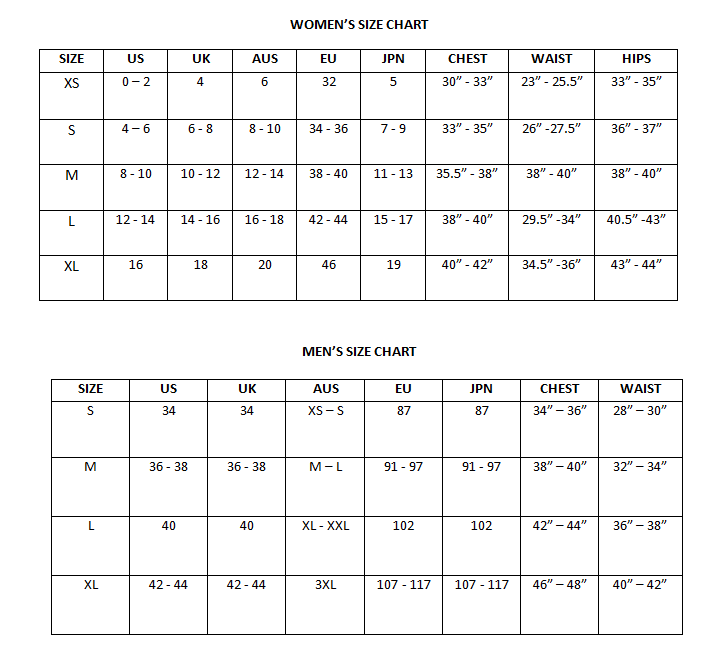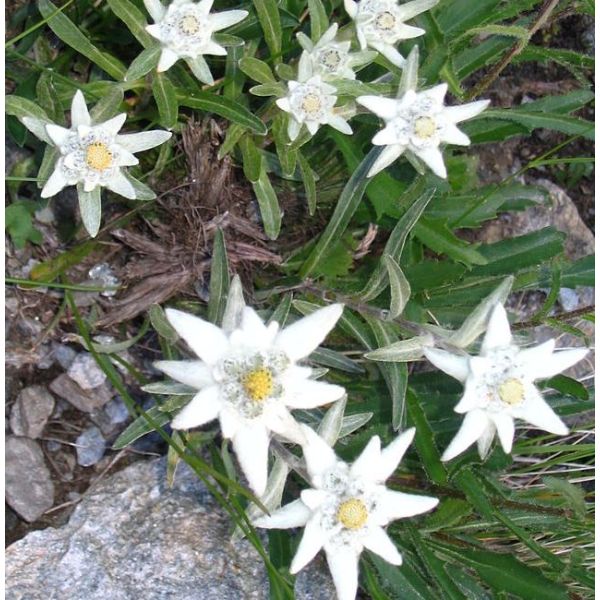Edelweiss Seeds (Leontopodium Alpinum Seeds)
Edelweiss Seeds (Leontopodium Alpinum Seeds)
Herbaceous perennial native to the mountains of Europe. It is the traditional symbol of the Alps and unofficial national flower of Switzerland...

Delivery
All orders shipped with UPS Express.
Always free shipping for orders over US $250.
All orders are shipped with a UPS tracking number.
Returns
Items returned within 14 days of their original shipment date in same as new condition will be eligible for a full refund or store credit.
Refunds will be charged back to the original form of payment used for purchase.
Customer is responsible for shipping charges when making returns and shipping/handling fees of original purchase is non-refundable.
All sale items are final purchases.
Help
Give us a shout if you have any other questions and/or concerns.
Email: contact@domain.com
Phone: +1 (23) 456 789
Availability: In stock
SKU
Leontopodium Alpinum
Leontopodium Alpinum, commonly known as Edelweiss, is a herbaceous perennial native to the mountains of Europe. It is the traditional symbol of the Alps and unofficial national flower of Switzerland.
The plant prefers rocky limestone places at about 1800?3000 m altitude, raised beds or alpine house and can adapt to climatic extremes. Edelweiss is cold hardy (at least -29 degrees Celsius). The top of the plant will die in the winter when the crown below will stay alive to sprout in the spring. Edelweiss has a matt, grey-green foliage and white ?Starfish shaped? felted bracts which can be up to 10cm (4in) across. The real flowers are tiny and pale yellow, tucked away in the centre of the shaggy daisy-like heads. They flower from the end of July to mid-August, during optimal weather conditions. The plant is drought-tolerant once established.
Leontopodium alpinum is generally short lived; 2-7 years. Collection is now regulated or banned in many European countries due to its decline from its collection in the past.
Grow in well-drained soil. The soil should be neutral to alkaline. Grow in a sheltered position in full sun.
Hardiness zone 4-7
| Label | Leontopodium alpinum |
|---|---|
| Common name | Edelweiss |
| Genus | Leontopodium |
| Species | Leontopodium alpinum |
| Therapeutic uses | Edelweiss is traditionally employed in folk medicine as an anti-inflammatory remedy. However, studies show that it is a valuable source of anti-inflammatory substances potentially applicable for chronic inflammatory skin diseases and bacterial and atherogenic inflammation. |
| Germination | Sow February to May or September to October. Sow seed on the surface of lightly firmed, moist seed compost in pots or trays. The seeds need light to germinate, Edelweiss seeds are very small, so do not cover them completely. Cover the seeds with the lightest sprinkling of compost or vermiculite. Keep the surface of the compost moist but not waterlogged. Germination should occur in less than two weeks. When large enough to handle, transplant seedlings into 7.5cm (3in) pots or trays. Gradually acclimatise to outdoor conditions for 10-15 days before planting out after all risk of frost, 30cm (12in) apart. For best results, provide gritty compost in full sun. |
| Price View | Price Range |

